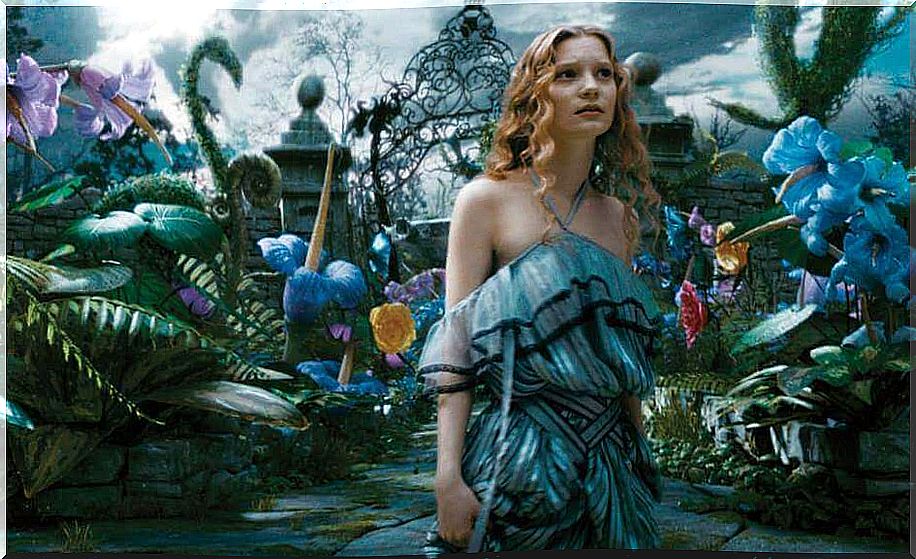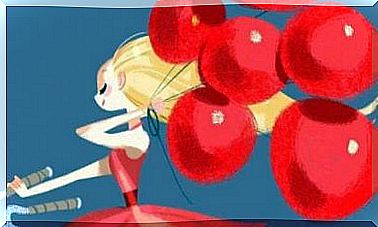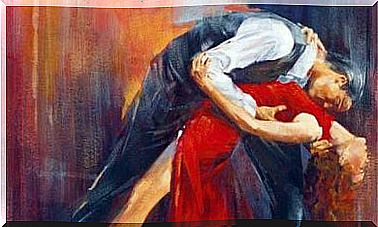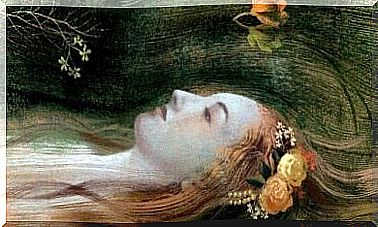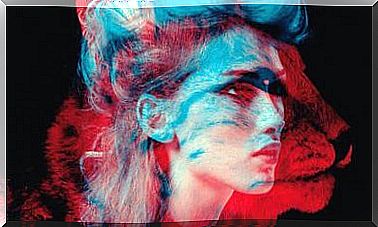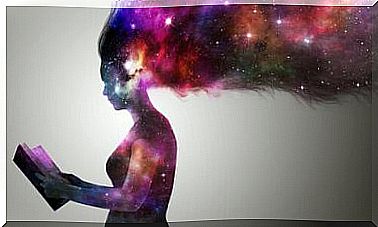5 Dystopian Novels That Will Make You Think About The Future
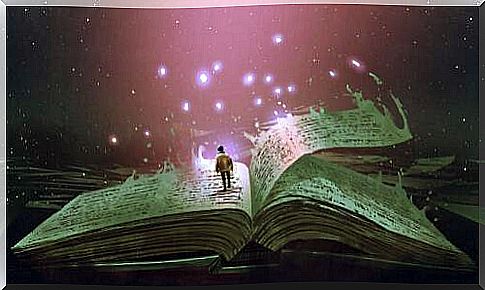
Generally, dystopian novels present a society of the future which has found itself in a deplorable or totalitarian situation for several reasons. Ultimately, these books present a world of nightmares or oppressions in which the characters must survive as best they can, accepting it or breaking the rules.
For this reason, the dystopian novel is totally opposed to utopian narratives. The dystopian societies presented are generally opposed to ideal societies where all is peace and harmony.
The aim of dystopian novels is to reflect on the current state of Western society. We also reflect on destructive and self-destructive behaviors and the consequences they entail. It is a way to grab the attention of readers and warn them about a probable future of Western humanity if one is not careful.
Dystopian novels began to appear at the end of the 19th century. However, the most famous classical dystopias were realized during the 20th century. We will present some of them in this article.
1984 (George Orwell)
Of all the dystopian novels, this is the most identifiable of this literary subgenre. In the story, all of the following characteristics are mentioned: totalitarianism, persecution of difference, bellicose conflicts, fanaticism, etc. This novel was written by Orwell in 1949 imagining what might have happened in 1984.
The author envisioned a society permanently monitored by Big Brother, an omnipresent ruler and owner of a large part of planet Earth. The protagonist is Winston Smith, a worker at the Ministry of Truth. His obligation is to rewrite history to bring it into line with Big Brother’s political interests. Among other atrocities, he must eliminate documents, change newspaper headlines or change the results of surveys and statistical studies.
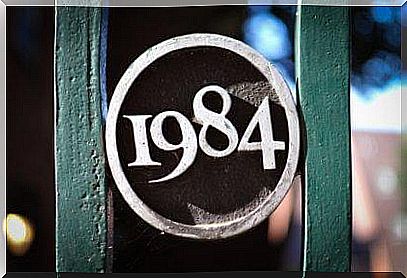
Winston did his job until he realized he was helping keep Big Brother’s masquerade against power. He therefore decides to rebel against the totalitarian government which keeps the people under control and surveillance. It is a task which is not the simplest because the regime keeps the population at bay thanks to the ministries of Love, Peace, Abundance and Truth. All these gears keep the totalitarian state presented by George Orwell in perfect working order.
The novel was a success and until today it is sold steadily. Many consider that Orwell predicted many facts that are happening in the world today. For example, the manipulation of information, the practice of mass surveillance and the social repression of certain governments are topical.
Brave New World (Aldous Huxley)
In this dystopian novel, Western society has reached its peak. Everyone is happy, war and poverty have been eradicated, humanity is healthy, and technological advances are remarkable. It is almost a utopia. But, to achieve happiness, the population had to give up many things: family, science, literature, religion, philosophy.
The author anticipated the reproductive technological development that we are currently experiencing by pushing it to the extreme. All babies are the result of in-vitro fertilization. During this process, the work that the individual will do as he grows up is genetically determined. In addition, adults take drugs with a drug that gives them an illusion of happiness and total optimism.
The Scarlet Handmaid (Margaret Atwood)
This novel follows the same tone as the previously featured dystopian novels. However, we add a social criticism of unfair treatment of women. After an attack on the White House, a theocratic and Puritan government is established. It diminishes social rights and freedoms with the aim of reducing violence and guaranteeing human reproduction. This was all put in place because, for unknown reasons , the Global Fertility Index is declining exponentially. The percentage of women of childbearing age also decreases.
Women are devalued and classified according to their usefulness. The “wives” are the heads of the family nucleus alongside the commanders. The “marthas” are those who carry out household chores. “Servants” are fertile women who are important only for their reproductive capacities. The “aunts” are responsible for taking care of and instructing the maids. The story of this novel follows Offred’s life as a servant in this dystopian society. A life filled with vexations and injustices vis-à-vis women.
Fahrenheit 451 (Ray Bradbury)
It is one of the most famous novels of the prolific Ray Bradburry. In this dystopian novel the author presents a society in which the reading of any book is censored. In this way, the inhabitants are kept in the dark and it is easier for the government to control them. For this reason, there is a group of firefighters whose mission is not to extinguish fires but to burn books.
The title of the book refers to the temperature in degrees Fahrenheit at which the paper burns. The government is calling for all existing books to be burnt and arresting readers because reading generates social inequality, anger and unhappiness.
The story is based on one of the firefighters who instead of using hoses, employs a flamethrower to burn all critical thoughts. It is a combination of factors and facts that make this firefighter wonder if he is really happy. These thoughts make him want to read a book to find out if what the government is saying is true.
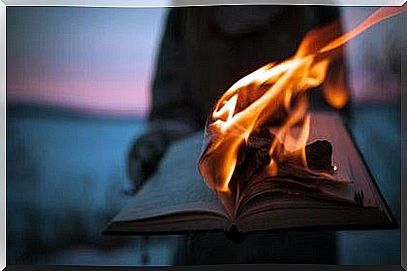
The road (Cormac MacCarthy)
It is one of the more recent dystopian novels that presents a post-apocalyptic context. For an unexplained catastrophe, possibly a nuclear war, the United States remains isolated and infertile. For this reason, there are no longer laws and social institutions and there is hardly enough food left for the weak survivors. It is a terrifying, heartbreaking and depressing context.
The story follows the journey of a father and his son through the destroyed landscape, in search of a purpose for which to continue living. During their journey, they encounter other survivors who are mostly scavengers and cannibals. In addition, the father is sick so he has to explain to his son how to survive on his own. The image presented in this novel leaves the reader in deep anxiety about the future.
